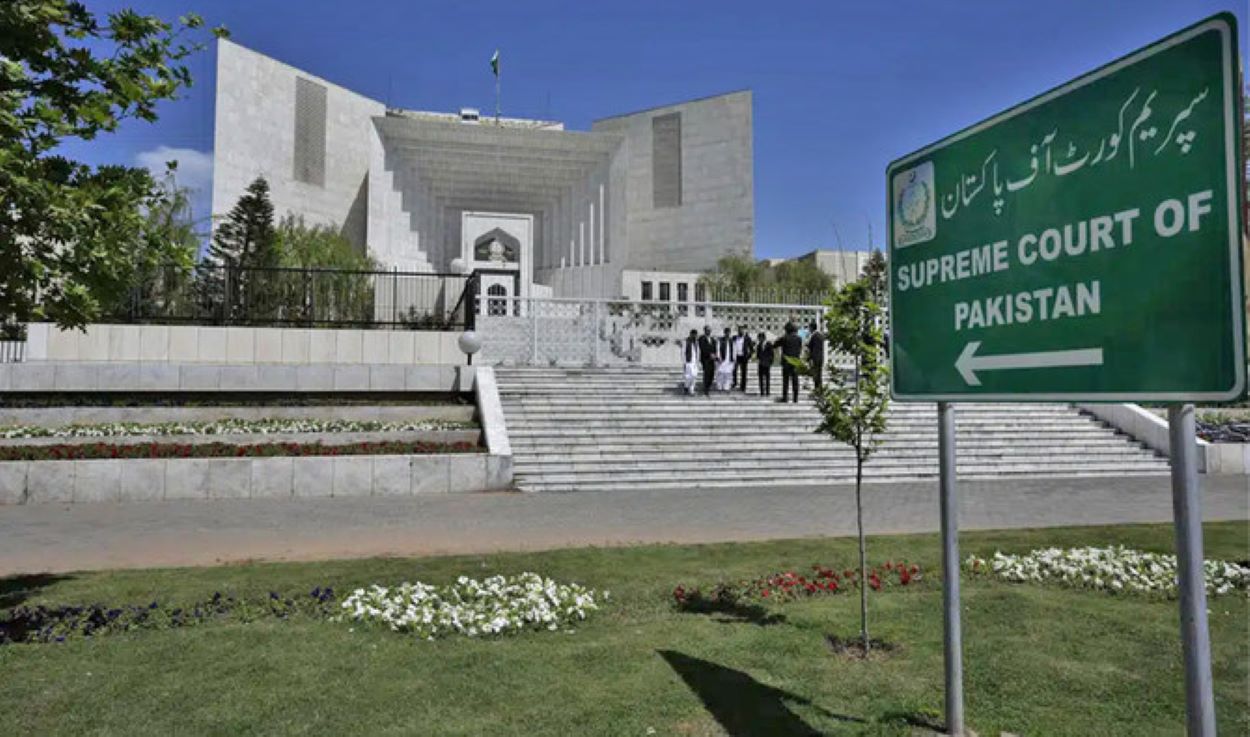The federal cabinet, led by Prime Minister Shehbaz Sharif, has approved the Supreme Court (Practice and Procedure) Amendment Ordinance 2024. The approval occurred “through a circulation” after the Law Ministry presented it to the Prime Minister and the cabinet on Thursday night.
This ordinance mandates that cases be heard in their sequential order unless justified reasons are provided for advancing any out-of-turn. It further stipulates that each case and appeal be recorded, with transcripts made publicly available, enhancing transparency.
Significantly, the ordinance empowers the Chief Justice of Pakistan (CJP) to appoint cases more autonomously. The CJP can nominate a judge to fill this role if a committee member is absent. Traditionally, according to the Practice and Procedure Act, a three-member committee has been responsible for constituting the benches.
The Supreme Court (Practice and Procedure) Act 2023
The enactment of the Supreme Court (Practice and Procedure) Act 2023 by the Pakistan Democratic Movement (PDM) initially aimed to regulate the chief justice’s powers but faced hurdles. An eight-member bench, led by then-CJP Umar Ata Bandial, issued a stay order against it in April 2023, even before its enactment.
Read: Khyber Pakhtunkhwa Challenges Constitutional Amendment in Supreme Court
This law was intended to decentralize the power of taking suo motu notices to a three-member committee, including the chief justice, and to ensure transparent proceedings. It stipulated that all cases, matters, or appeals would be heard by a bench constituted by this committee, with decisions taken by the majority.
Key Provisions and Judicial Responses
The Act also outlined procedures for handling matters requiring constitutional interpretation, specifying that such cases should be heard by at least five judges of the apex court. Appeals against verdicts under Article 184(3) were to be heard by a larger bench within 30 days, with proceedings commencing no later than 14 days after filing.
Furthermore, the Act permitted parties the right to select their counsel for filing review applications and required that urgent applications or those seeking interim relief be addressed within 14 days. However, despite these provisions, the law faced judicial setbacks, including negating retrospective appeal rights established under the previous Article 184(3) rulings.






